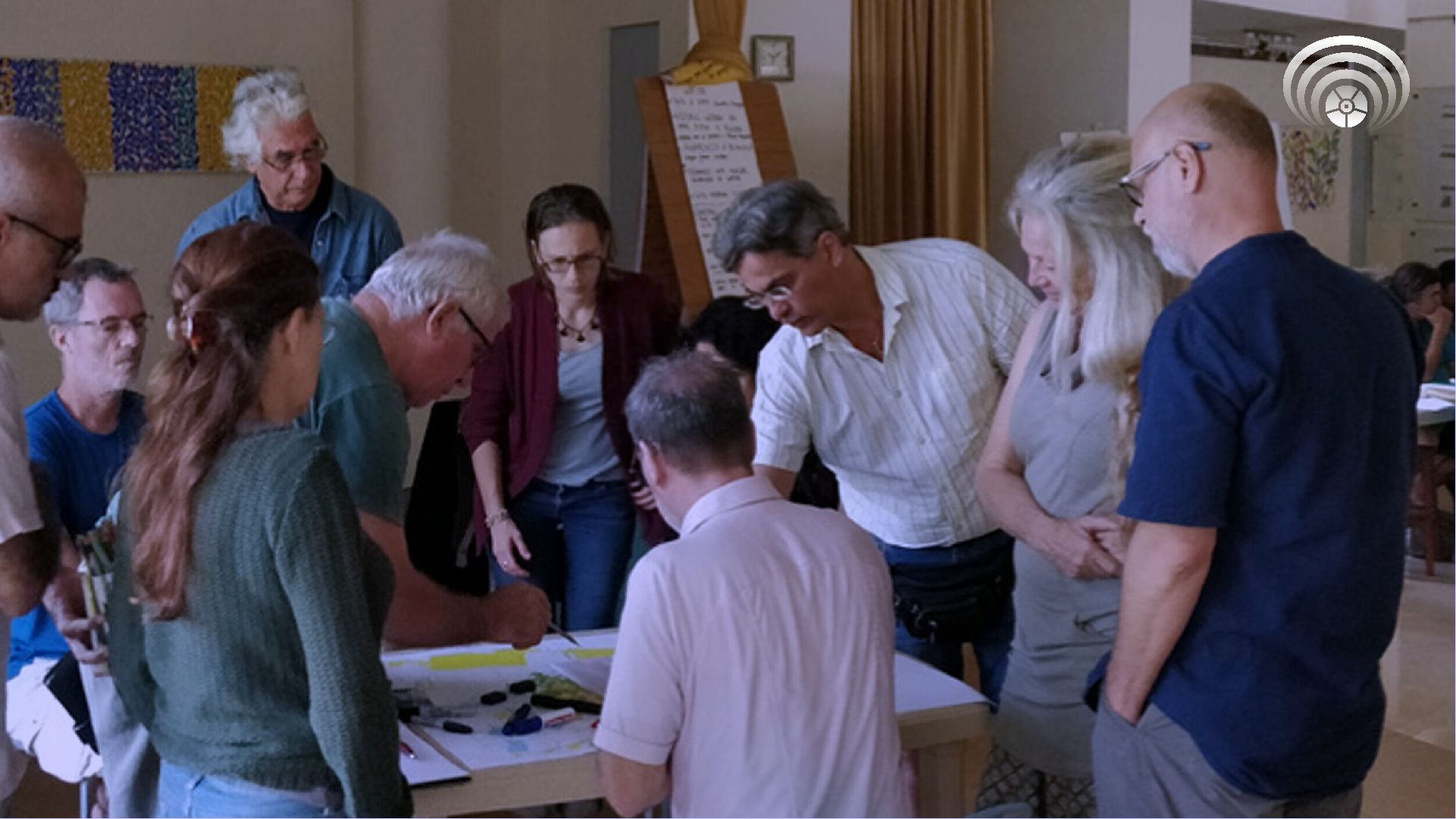Auroville, the international township in Tamil Nadu, thrives on collaboration and community-driven initiatives. In this article, we explore the essential role of working groups within Auroville, shedding light on how they fuel the community’s development and embody the spirit of collective effort.
Continue readingHow Working Groups in Auroville Foster Innovation and Sustainable Solutions
Auroville, the internationally renowned experimental township in South India, is a thriving hub of innovation and sustainability. At the heart of its innovative spirit are the working groups that actively foster creativity, innovation, and sustainable solutions. In this article, we explore how Auroville’s working groups play a pivotal role in nurturing innovation and driving sustainable solutions, setting an inspiring example for communities and organizations worldwide.
Continue readingThe Role of Youth in Auroville’s Working Groups: Shaping the Community’s Future
Auroville, the internationally renowned experimental township in South India, is not just a place; it’s a vision for a better world. Central to this vision is the active involvement of youth in the community’s working groups. In this article, we explore how the youth in Auroville are actively shaping the future of the community through their dynamic participation in working groups, and the valuable lessons this holds for fostering youth engagement and leadership worldwide.
Continue readingAuroville’s Working Groups and Their Connection to the Residents’ Assembly
Auroville, the internationally renowned experimental township in South India, thrives on a unique governance model that emphasizes collaboration and collective decision-making. This article explores the vital link between Auroville’s working groups and the Residents’ Assembly, shedding light on how these entities work in harmony to promote community growth, sustainability, and a shared vision of human unity.
Continue readingSuccess Stories of Auroville’s Working Groups: Impacting the Community and Beyond
Auroville, the renowned experimental township in South India, has been a hub of innovation and sustainable development, thanks in large part to its working groups. In this article, we explore the remarkable success stories of Auroville’s working groups and their far-reaching impact, demonstrating how collaborative efforts can influence not only the community but also the broader world.
Continue readingThe Evolution of Working Groups in Auroville: Past, Present, and Future
Auroville, the renowned experimental township in South India, has undergone a remarkable transformation since its inception. At the heart of this evolution are the working groups that have adapted and grown over the years. This article delves into the fascinating journey of Auroville’s working groups, exploring their past, present, and the promising future they hold, and highlights the lessons they offer for collaborative communities worldwide.
Continue readingTransparency and Accountability in Auroville’s Working Groups: Lessons for Governance
Auroville, the renowned experimental township in South India, sets a remarkable example of transparency and accountability through its working groups. This article delves into the principles of transparency and accountability that guide Auroville’s working groups, offering valuable lessons for governance systems worldwide.
Continue readingWorking Groups and Auroville’s Vision for Human Unity: A Synergistic Effort
Auroville, the internationally renowned experimental township in South India, is a testament to the power of human unity and collaboration. This article delves into the crucial role of working groups in Auroville, highlighting how they synergize with the community’s vision for human unity and contribute to the realization of a harmonious and sustainable future.
Continue readingThe Diversity of Auroville’s Working Groups: From Organisation to Education
Auroville, the internationally renowned experimental township in South India, thrives on collaboration and collective action. This article explores the diverse landscape of working groups in Auroville, illuminating how they contribute to a harmonious and sustainable future, touching on various aspects from organization to education.
Continue readingWorking Groups in Auroville: A Model for Participatory Planning and Action
Auroville, the internationally acclaimed experimental township in South India, thrives on the principles of collective action, cooperation, and shared responsibility. This article delves into the pivotal role of working groups in shaping Auroville’s participatory planning and action, illuminating how these groups serve as a model for collaborative, community-driven development.
Continue reading
